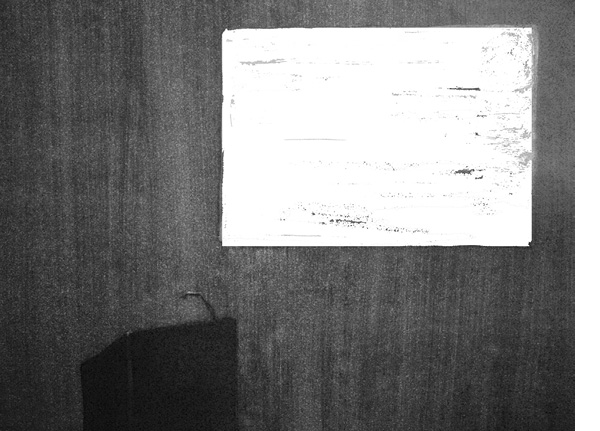
OTTO FENICHEL PRESENTS
first performed on
January 15, 2011
Bowery Poetry Club, New York, NY
performed twice in 2011
SHONNI ENELOW
Brooklyn, NY
996077564e996077564n996077564e996077564l996077564o996077564w996077564@996077564s996077564a996077564s996077564.996077564u996077564p996077564e996077564n996077564n996077564.996077564e996077564d996077564u
shonnienelow.com
OTTO FENICHEL PRESENTS
SHONNI ENELOW
In this performance, I work with what Jessica Chalmers called “pedagogical simulacra,” a feminist academic performance genre most exemplified by the V-Girls’ performances of the ’80s and ’90s. But I don’t make fun of jargon or extend its obfuscations; I am interested in the tragic and melodramatic modes of scholarship. I believe in its pathos.
The performance splits the performer into three people: the person described by the text, the person reading the text, and the person who is present outside and in despite of the text. Conceptually, my work investigates how we read the real of performance and what that has to do with a certain modernist/post-modernist revulsion from/fascination with autobiography, to which I totally subscribe. All my performances are melodrama and perfectly realistic, and this is the animating problem of the work.
This is especially true of “Otto Fenichel Presents,” a melodrama disguised as a family portrait disguised as a historical research project disguised as a television show. I play Otto Fenichel, Austrian psychoanalyst, who is playing Alfred Hitchcock and transmitting a television show through the airwaves after his death in Los Angeles to the Menninger Psychoanalytic Clinic in Topeka, Kansas in 1947. Otto Fenichel is an exile, a failure, a strange stranger, a detective of the psyche, an intellectual in despair over the ineffectuality of his politics, and the thread that connects me to my grandparents and their dramatic lives.
The piece includes Hitchcockian framing devices, a musical number of Brecht/Weill doggerel, a Douglas Sirk bedroom scene, a barroom psychiatric interview, and an epistolary spiritual diary. It is live episodic television, and I play all the characters, including Elizabeth Taylor playing my grandmother and Gregory Peck playing his character from “Gentleman’s Agreement” playing my grandfather.
All my performances are about real people doing unreal things, except for the character named Shonni Enelow, who is not real at all but does plenty of real things during the time of the performance.
I perform in galleries and at literary readings, and I prefer the readings because people at readings think they are going to listen to someone reading something, as opposed to someone becoming something, or someone taken over by something, or someone depending on them for something. Any emotion looks histrionic during a poetry reading, and I use this to my advantage.